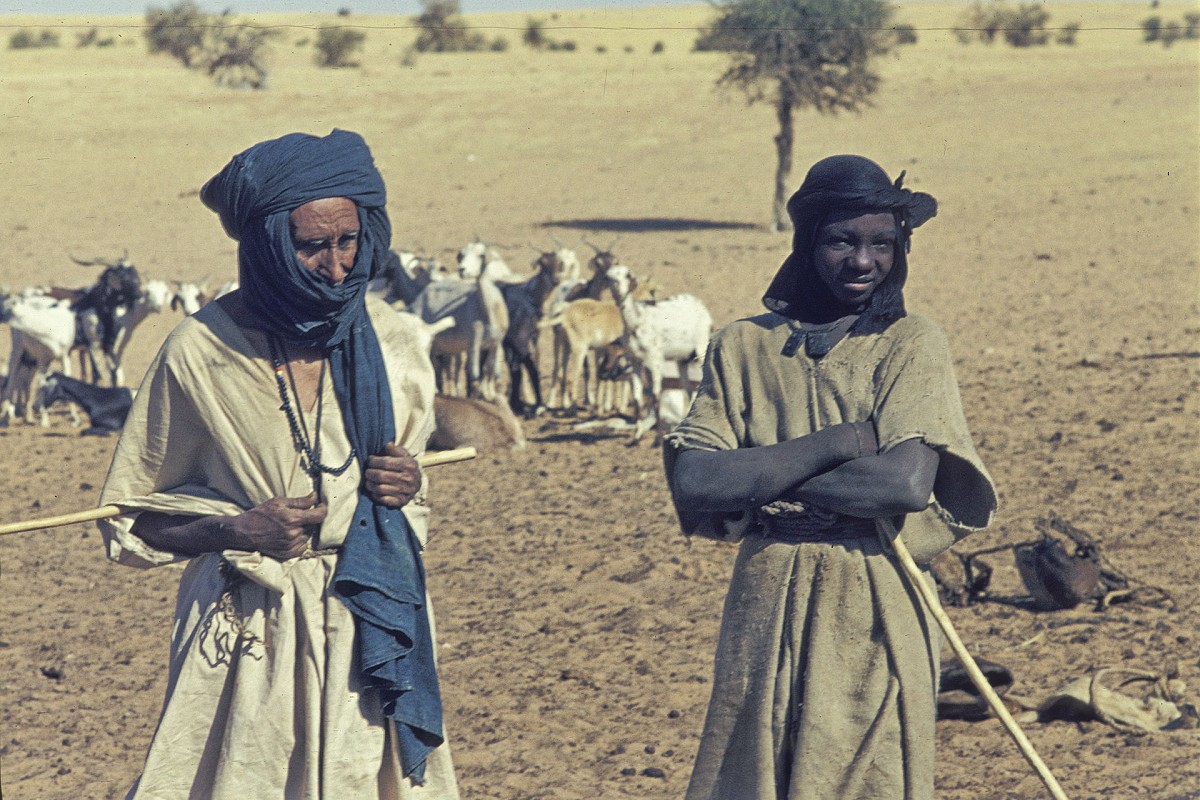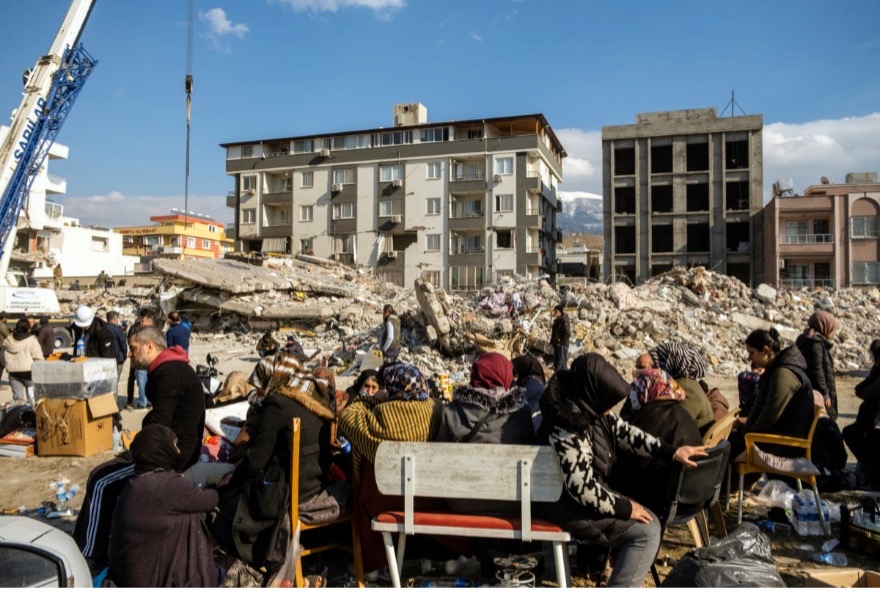
25th Apr 2022
Sanusi, a 30-year-old man, climbs the cement stairs leading to his compound’s flat roof. Several cousins are already gathered there, enjoying the night’s breeze. They lie on woven mats and tell stories about childhood adventures in the desert.
Mahmadou, Sanusi’s younger cousin, makes mint green tea on a portable gas burner. Before serving the tea, he pours the syrupy brew between tiny glasses to create a perfect top layer of foam.
Eventually, the men fall silent and close their eyes under the canopy of stars. Out here in the open, Sanusi sleeps more peacefully than he ever would in one of the cinder block rooms below. Their stationary walls have always left him feeling bound and restless.
At one time, Sanusi’s people—a tribe of pastoral nomads—migrated with their herds across the arid deserts of the African Sahel. They lived on the move, surviving on the scarcest resources in one of the most difficult climates on earth.
In those days, the spring rains brought plump shoots of grass bursting out of the sandy soil. Their livestock grew fat and gave so much milk that they spilled the excess into the desert sand.
Then came the droughts of the 1970s. Within a decade, all the water sources that Sanusi’s tribe had depended on had dried up. Entire herds of goat, cattle, and camel died.
Realizing that their mobility could no longer sustain their way of life, the nomads exchanged their tents for urban walls.
In some ways, Sanusi’s people have adapted to settled life. But they still think and act like nomads. Sanusi and his tribesmen treasure their autonomy and resist being identified with sedentary peoples. The social structures and norms that once carried them from one desert water source to another have changed little in the years since they’ve settled in towns and cities.
Over 170 nomadic Muslim people groups like Sanusi’s remain completely unengaged by the Gospel. Tens of millions of nomadic peoples span the globe—from the deserts of the Middle East, to the mountain pastures of Central Asia, and to the coastlines of Southeast Asia. But few missionaries have been sent to reach them, largely because the work is so difficult and the people so hard to access.
Please pray with us:
- Thank God that He has not forgotten nomadic Muslims of the world—and pray that the church won’t overlook these least-reached groups.
- Ask the Lord to raise up hundreds of new workers to bring the message of Christ to nomadic people groups that have no Gospel witness.
- Pray these workers will thrive on the move, endure hardship with grace, and embrace the adventure of planting churches among nomads.



